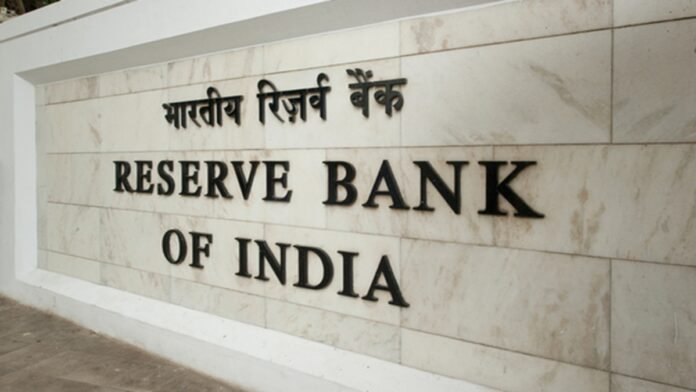
Key Points:
- HDFC Bank Penalized: Fined ₹75 lakh for failing to classify customers by risk levels and issuing multiple customer IDs instead of unique ones.
- Punjab & Sind Bank Fined: Penalized ₹68.20 lakh for non-compliance with RBI’s regulatory instructions.
- Regulatory Action: Penalties imposed under the Banking Regulation Act, 1949, following statutory inspections.
- RBI Clarification: The fines address compliance failures and do not question the validity of customer transactions.
New Delhi: The Reserve Bank of India (RBI) has taken strict action against two major banks HDFC Bank and Punjab & Sind Bank for failing to adhere to Know Your Customer (KYC) guidelines. In a move aimed at reinforcing regulatory compliance, the RBI imposed a fine of ₹75 lakh on HDFC Bank and ₹68.20 lakh on Punjab & Sind Bank under the Banking Regulation Act, 1949.
Details of Violations
HDFC Bank
HDFC Bank was penalized for two key violations:
- Risk Classification Failure: The bank did not categorize its customers into low, medium, or high-risk categories as required under KYC norms.
- Multiple Customer IDs: It issued multiple customer identification codes to some individuals instead of assigning unique codes.
These lapses were identified during a statutory inspection conducted as part of the bank’s supervisory assessment based on its financial position as of March 31, 2023. Following the inspection, the RBI issued a notice to HDFC Bank. After reviewing the bank’s responses and additional submissions, the central bank confirmed the violations.
Punjab & Sind Bank
Punjab & Sind Bank faced penalties for failing to comply with specific regulatory instructions issued by the RBI. Similar to HDFC Bank, the violations were confirmed after statutory inspections and a review of the bank’s responses to RBI notices.
Legal Framework
The penalties were imposed under Sections 46(4)(i), 47A(1)(c), and 51(1) of the Banking Regulation Act, 1949. These provisions empower the RBI to act against banks that fail to meet regulatory standards.
RBI’s Statement
The central bank clarified that these fines are strictly related to compliance failures and do not question the validity or legality of transactions conducted by the banks with their customers. The penalties aim to ensure that banks strengthen their internal processes and adhere to regulatory norms.
Broader Implications
This action underscores the importance of robust KYC protocols in maintaining financial integrity and preventing issues like money laundering or fraud. As India continues its push toward digital banking and financial inclusion, adherence to KYC norms remains critical for ensuring trust in the banking system.
Both banks are expected to review their internal systems and take corrective measures to prevent similar lapses in the future.
The RBI’s penalties against HDFC Bank and Punjab & Sind Bank highlight its zero-tolerance approach toward non-compliance with essential banking regulations. This serves as a reminder for all financial institutions to prioritize regulatory adherence while maintaining transparency in their operations.






















































